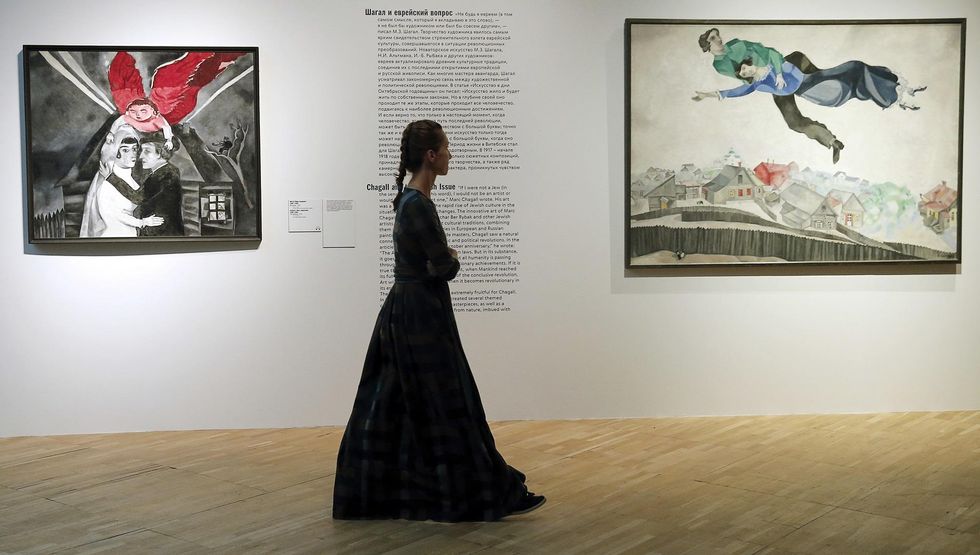In a remarkable turn of fortune, a wealthy art dealer lost billions and was imprisoned for three years, only to have it all returned to him when a court ruled that he had been wrongly accused.
The dealer, 70-year-old Itzhak Zarug, was arrested in Wiesbaden, Germany, and accused of running an international fraud ring. His extensive art collection estimated at more than $4 billion was seized by the government and experts were brought in to prove that the paintings had been forged. The collection of Russian avant-garde art contained paintings by Marc Chagall and Kazimir Malevich.
At the time of Zarug’s arrest, German news outlet Der Spiegel called the situation a “forgery scandal sure to overshadow all previous ones.”
Zarug was released in 2016, after being held for three years without bail, but at that time his collection was still being held by authorities. The paintings were painstakingly analyzed by experts in the United Kingdom, France, Israel, Spain, and Switzerland.
The investigation lasted five years and ended without the international crime bust that the German police had been hoping for. Most of the experts who analyzed the art said they were convinced that it was authentic.
On March 15, a German court ruled that all but three of the 1.800 pieces of art seized from Zarug be returned to him. The remaining three are still undergoing tests to prove their authenticity.
Russian avant-garde art was banned under the Soviet Union, and many records of these paintings have been destroyed. It is also reportedly an easy target for forgeries.
Andrei Nakov, an art historian who was one of the few who questioned the authenticity of the paintings at the trial, told The Guardian, “There is a huge problem with forgeries in the field of the Russian avant-garde. This is a field of art history which was censored for decades, and where archives were often destroyed. Rebuilding knowledge about this field will take a long time, and the money involved is threatening to destroy that process.”
In a statement released by his legal team, Zarug said:
Reason and justice have prevailed, and my pictures can at last be enjoyed without suspicion or concern. I am pleased that the allegations against me and against my pictures have been proven to be unfounded.
We wish to thank the German authorities for the diligence, objectivity and intensity of their investigation into my collection. The degree of thorough scientific and historical analysis can leave no doubt that these paintings are true and genuine masterpieces of the Russian avant-garde.




